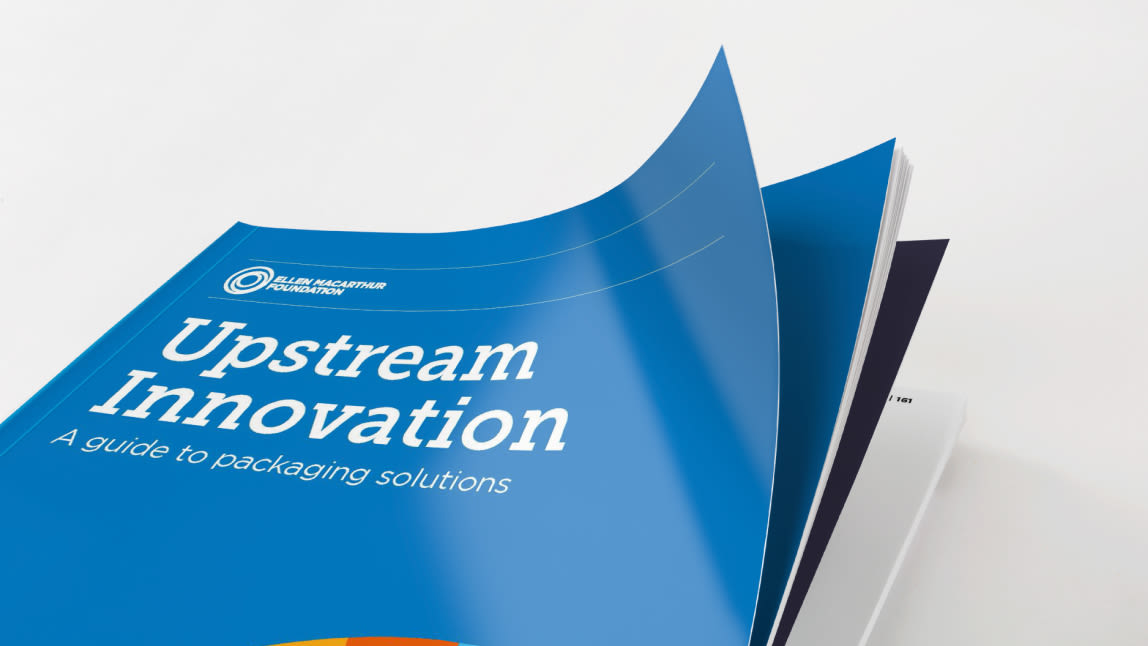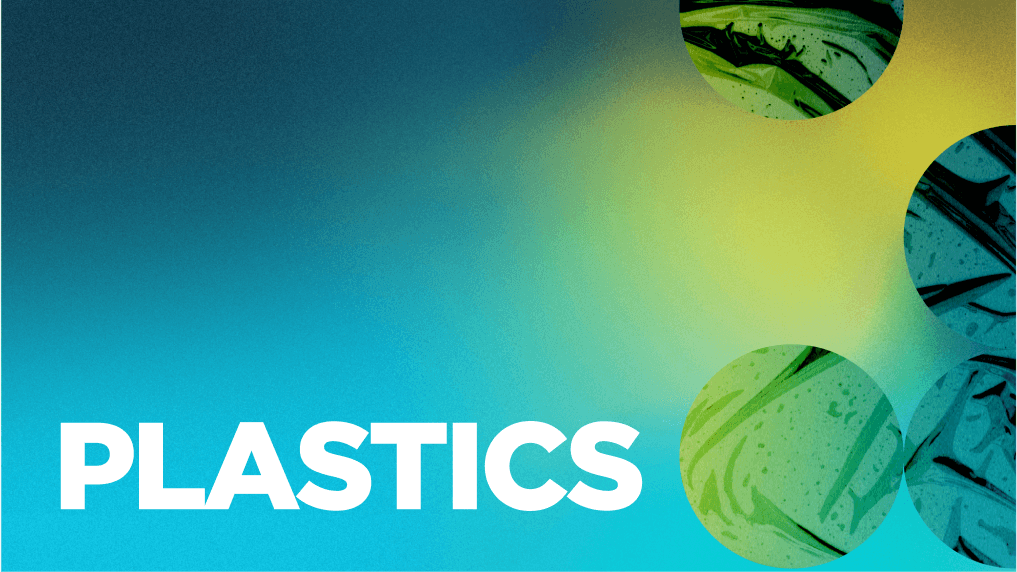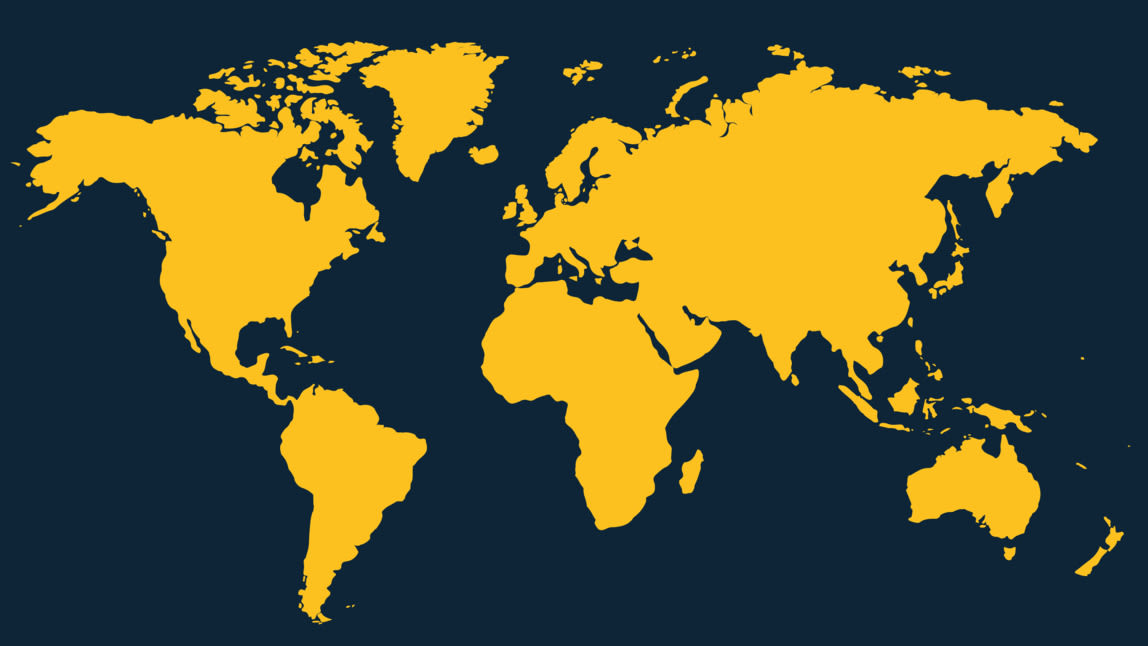19, November, 2020
The Ellen MacArthur Foundation has today (November 19, 2020) published Upstream Innovation: A guide to packaging solutions, a practical guide to eliminating plastic pollution through circular economycircular economyA systems solution framework that tackles global challenges like climate change, biodiversity loss, waste, and pollution. It is based on three principles, driven by design: eliminate waste and pollution, circulate products and materials (at their highest value), and regenerate nature. solutions.
The guide is accompanied by a host of assets including a case study database, a workshop toolkit, videos and more, created by the Foundation’s New Plastics Economy innovation team to help anyone involved in packaging creation to develop upstream solutions that prevent plastic waste and pollution.
The Upstream Innovation guide’s release comes just weeks after the Foundation, in collaboration with the United Nations Environment Programme, published its second New Plastics Economy Global Commitment Progress Report, which made it clear that businesses would need to step up their elimination and reusereuseThe repeated use of a product or component for its intended purpose without significant modification. efforts if they were to meet their 2025 targets to address plastic pollution.
By focusing more of their efforts on upstream innovation – rather than just downstream activity such as waste management – businesses can prevent waste from ever being created.
Packed with practical guidance and real-world examples, the guide covers:
The mindset needed for upstream innovation
Examples and guidance on applying upstream innovation to achieve three circular economy strategies - Elimination, Reuse, and Material Circulation
Guidance on how to support and make decisions throughout the upstream innovation process
More than 110 examples, including from Tesco, Lush, Walmart, and Abel & Cole, demonstrate how businesses around the world are using circular economy solutions across a range of sectors.
Sara Wingstrand, Innovation Programme Manager at the Ellen MacArthur Foundation, said: “We cannot recyclerecycleTransform a product or component into its basic materials or substances and reprocessing them into new materials. our way out of the plastic pollution crisis, we need to move upstream and look at what is put on the market in the first place, so we can eliminate waste, not simply manage it better. The circular economy allows us to redesign the entire plastics system to not only overcome the global challenge of plastic pollution, but to do so in a way that allows us to build better growth and create solutions at speed and scale. Designers and businesses are at the heart of this transition and we hope this guide will help them on that journey.”
Case studies include:
Elimination
Tesco has removed plastic film from multi-buy tins (such as soups, beans, and tuna), eliminating 67 million pieces of film per year, equivalent to 350 tonnes.
Apeel has created an edible coating made from plant-based materials that can extend the shelf-life of fresh fruit and vegetables without the need for packaging. The company continues to grow, having launched lines with retailers including Walmart, Edeka and Kroger.
Lush has redesigned its liquid personal care products to concentrated solid formulations eliminating the need for packaging. Currently, around 65% of Lush's product range is ‘naked’. Since 2005, Lush has sold nearly 50 million naked shampoo bars globally, eliminating over 150 million plastic shampoo bottles. Additionally, the Lush Labs app product recognition feature Lush Lens is used in store to access interactive content such as ingredients or directions for use, removing the need for labelling and packaging.
Reuse
Unilever and Walmart de México y Centroamérica have introduced refill stations at ten
Walmart stores in Mexico to help customers dispense shampoo into reusable aluminium bottles. Following a successful three-month trial period, Walmart aim to scale this initiative during 2021.
Algramõ uses its smart dispensing machines and RFID chipped packaging to help customers return their packaging in exchange for money deposited automatically via an app. Unilever’s homecare brands OMO and Quix are available via Algramõ. The model has thrived during 2020, as eCommerce shopping rates increased, and the pilot has scaled up the number of refill tricycles from one to eight in order to meet consumer demand for home refill of Unilever's laundry and cleaning products.
Abel & Cole provides a service delivering dried foods in reusable jars. Once the food is decanted, the packaging is returned upon the next delivery. In return, for customers signing up to the annual membership scheme ‘Club Zero’, the tenth offering will be refilled and reused free of charge.
Material circulation
JOI has re-thought its product, delivering nut paste used for making nut milk as a solid, in easy-to-recycle tubs, helping to eliminate the need for multi-material carton packaging. The concentrate not only reduces packaging waste, but also food waste, allowing users to meet their desired quantity.
Sprite has begun to transition away from its iconic green bottle to a clear bottle in many markets to improve its value during recycling. This is then utilised at scale, for example in Southeast Asia clear PET bottles sell for an average of USD 84 per tonne more than coloured bottles, a 35% increase. Some Sprite bottles are now also being made from 100% recycled PET.
For more information or to request an interview, please contact: charlotte.thompson@hkstrategies.com
Notes to editor
About the Ellen MacArthur Foundation
The Ellen MacArthur Foundation, a UK-based charity, develops and promotes the idea of a circular economy in order to tackle some of the biggest challenges of our time, such as plastic pollution, climate change, and biodiversity loss. The Foundation works with, and inspires, business, academia, policymakers, and institutions to mobilise systems solutions at scale, globally. In a circular economy, business models, products, and materials are designed to increase use and reuse, creating an economy in which nothing becomes waste and everything has value. Increasingly built on renewable materialsrenewable materialsMaterials that are continually replenished at a rate equal to or greater than the rate of depletion., and underpinned by a shift to renewable energyrenewable energyEnergy derived from resources that are not depleted on timescales relevant to the economy, i.e. not geological timescales., a circular economy is distributed, diverse, and inclusive.
About The New Plastics Economy
Since 2016, the Ellen MacArthur Foundation’s New Plastics Economy initiative has rallied businesses and governments behind a positive vision of a circular economy for plastics. Its 2016 and 2017 New Plastics Economy reports captured worldwide headlines, revealing the financial and environmental costs of waste plastic and pollution.
The initiative is supported by Wendy Schmidt as Lead Philanthropic Partner, and the Oak Foundation as a Philanthropic Partner. Amcor, Borealis, The Coca-Cola Company, Danone, L’Oréal, MARS, Nestlé, PepsiCo, Unilever, Veolia and Walmart are the initiative’s Partners.
About The New Plastics Economy Global Commitment
The New Plastics Economy Global Commitment is led by the Ellen MacArthur Foundation, in collaboration with the UN Environment Programme (UNEP). The Ellen MacArthur Foundation leads the engagement with the private sector (the business signatories and endorsers), and UNEP leads the engagement with the governments. Launched in October 2018, the Global Commitment now unites more than 500 organisations behind a common vision of a circular economy for plastic, in which it never becomes waste or pollution. To help make this vision a reality, all business and government signatories have committed to ambitious 2025 targets. They are working to eliminate the plastic items we don’t need; innovate so all plastics we do need are designed to be safely reused, recycled, or composted; and circulate everything we use to keep it in the economy and out of the environment.
The vision is defined by six key points:
Elimination of problematic or unnecessary plastic packaging through redesign, innovation, and new delivery models is a priority
Reuse models are applied where relevant, reducing the need for single-use packaging
All plastic packaging is 100% reusable, recyclable, or compostable
All plastic packaging is reused, recycled, or composted in practice
The use of plastic is fully decoupled from the consumption of finite resources
All plastic packaging is free of hazardous chemicals, and the health, safety, and rights of all people involved are respected





